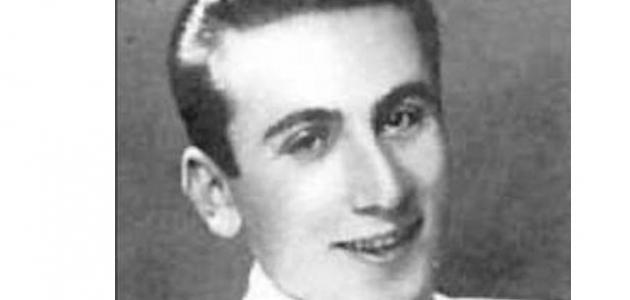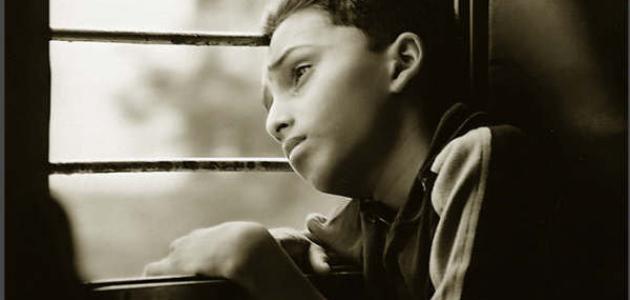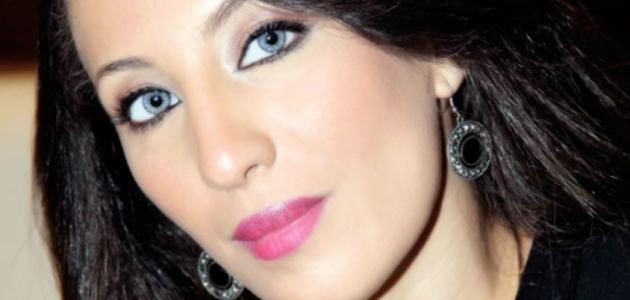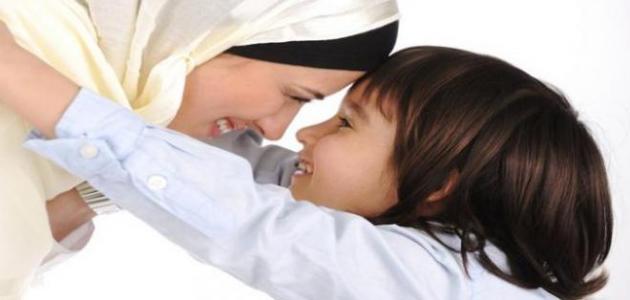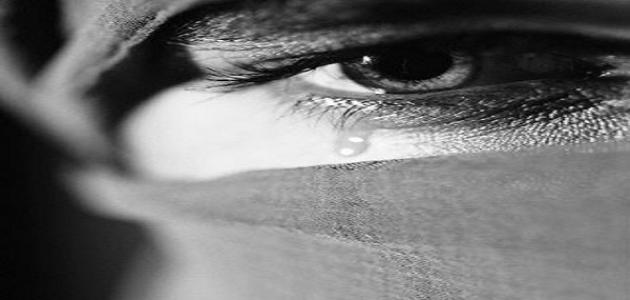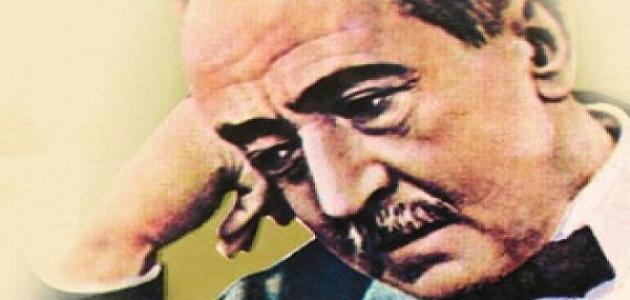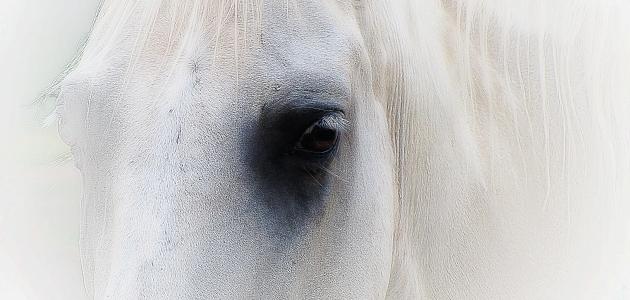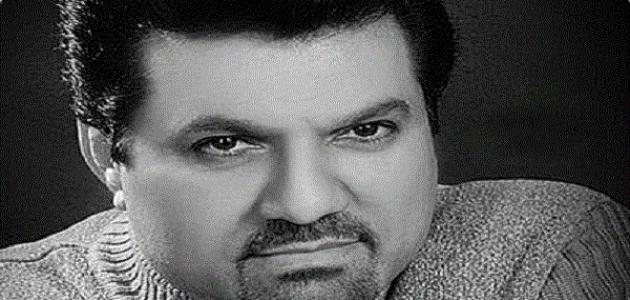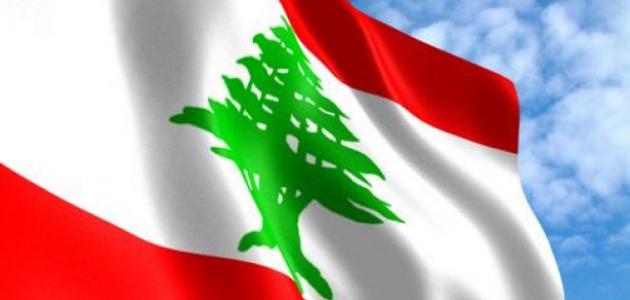…I love you so much…
I love you so very very much...and I know I got very involved..
I burned all the boats behind me..and I know that I will be very defeated..
Despite the tears.. despite the wounds.. and despite the trials..
I love you very, very, very much... and I know I got very involved..
I burned all the boats behind me, and I know that I will be greatly defeated.
Despite the tears, despite the wounds.. and despite the trials..
And I know that I am in the forests of your love and alone I fight..
And I have all the lunatics... I tried to catch the planets...
And I know that I am in the forests of your love .. alone I fight ..
And I have all the microscopes.. I tried to catch the planets..
And stay and stay love you... despite my certainty..
Because you can't be reached.
Because reaching you is impossible, impossible, impossible...
I love you very, very, very much... and I know I got very involved..
I burned all the boats behind me... and I know that I will be very defeated..
Despite the tears, despite the wounds... and despite the trials..
Oh, who paid half of my life for your love...
Oh, the one who holds you like a child in my songs...
I love you, I love you...and I know that your passion is suicide..
And when I finish my turn, the curtain will fall on me.
And my silence in front of your whim in front of your big whim is a victory...
Read also:Optimism phrasesThe poet Nizar Qabbani:
Nizar Qabbani was born on March 2/1, 1923 AD in the Minaret of Al-Shahm neighborhood (one of the old neighborhoods of Damascus). Nizar Qabbani's family was one of the ancient Damascene families. Among its most prominent members is Abu Khalil Qabbani, grandfather of Nizar and the founder of the Arab theater in the last century. As for his father, he was Tawfiq Qabbani, and history books say that he was one of the glories of the Syrian revolution. Selling when he was in the prime of his youth. Tawfiq Qabbani gave birth to six children, including Nizar, Rashid, Hadbaa, Moataz, Sabah and Wesal, who died in the prime of her youth. As for Sabah, he is still alive. He was the director of the Syrian Radio.
He was born in ancient Damascus to a wealthy family, as his father was a well-known Damascene merchant, and he was also a supporter of the national bloc that opposed the French mandate. According to what he says in his memoirs, Qabbani inherited from his father his penchant for poetry, just as he inherited from his uncle Abu Khalil Qabbani his love for art in all its forms. He also says in his memoirs that during his childhood he loved drawing and therefore “he found himself between five and twelve years of age drowning in a sea of colors.” Then he fell in love with music, and learned from a private teacher to play and compose on the Oud instrument, but studying especially during the secondary stage , made him abandon it.
Read also:blue eyed of YamamahDuring his childhood, his sister committed suicide, after her family forced her to marry a man she did not love, which left a deep impression on him, and he did not reveal the story early, but rather said that she died of heart disease, except that Colette Khoury revealed the opposite, which was proven in his memoirs. Private too, as he wrote: “Love in the Arab world is a prisoner and I want to free it.” He also had a special relationship with his mother, who did not wean him until he was seven and continued to feed him with her hand until he was thirteen years old.
Read also:Explanation of Samar's poem in prisonOn the personal level, Qabbani experienced many tragedies in his life, including the suicide of his sister when he was a child and the killing of his wife Balqis during a suicide bombing in Beirut, all the way to the death of his son Tawfiq, whom he lamented in his poem “Prince Al-Kharafi Tawfiq Qabbani.” He lived the last years of his life in London writing political poetry, and one of his last poems was “When will they announce the death of the Arabs?” And “Umm Kulthum is on the list of normalization.” He passed away on April 30, 1998 and was buried in his hometown, Damascus.
